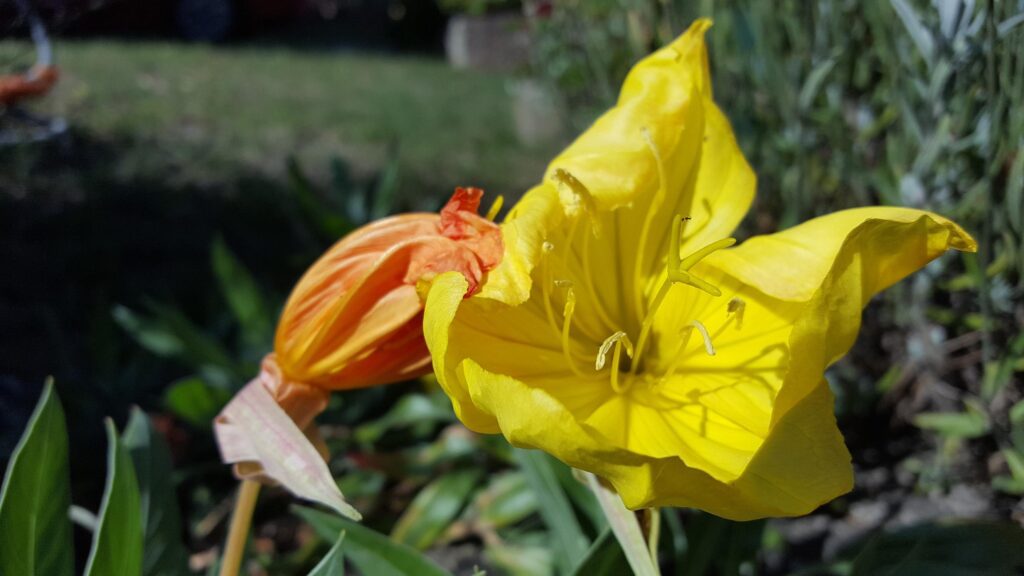Independence is often named as a state to be attained. While I will agree that it is a state that needs to be experienced it also has limits worth exploring.
Definitions of independence most often name it first in the context of a nation. Individual independence is less described. And yet, the idea of independence hast been promoted for individuals. It lets interesting nuances appear. Sometimes independence and autonomy are perceived as a synonym. And sometimes they are perceived as being independent of each other. Yet another option is to see autonomy as within independence. My perception is, that they are different ideas.
The Cambridge dictionary defines individual independence as “the state of wanting or being able to do things for yourself and make your own decisions, without help or influence from other people”. It’s a definition that positions independence itself as an opposite of dependence. Its focus is on having no links with other people and being willing to function without other people.
It’s a posture more than a true capacity.
The posture to be willing to do on your own means that you don’t need to rely on others. It could also mean that you are not willing to rely on others.
The capacity to do things on our own is limited by the existence of a society we relate to and want to be part of. Which also means, that being independent of society could mean the wish or decision to avoid belonging.
To take a position on independence you’ll need to connect it with a context. Capacity and posture lead to different views on the usefulness or availability of independence.

